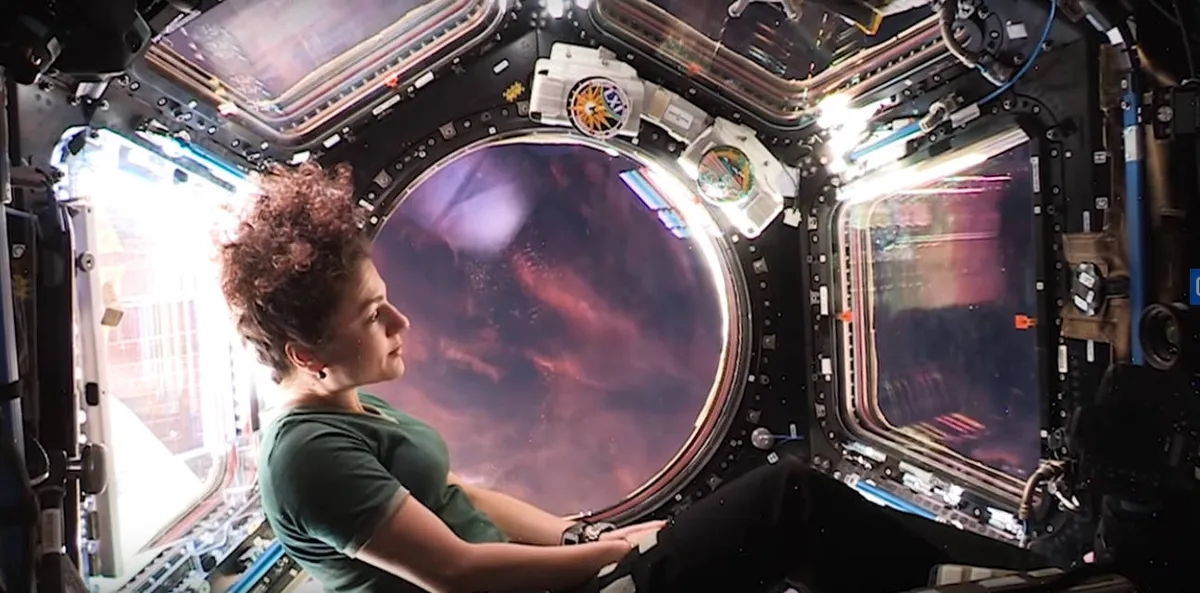
Elon Musk, the CEO of SpaceX, has recently proposed an early deorbit of the International Space Station (ISS) by 2027. Musk made this suggestion via his social media platform, X, emphasizing that the ISS has fulfilled its purpose and offers limited incremental utility.
In his tweet, Musk stated, "It is time to begin preparations for deorbiting the @Space_Station," suggesting a timeline of two years from now for this operation. This ambitious proposal comes amidst SpaceX's existing contract, valued at nearly a billion dollars, to deorbit the ISS by 2030. However, Musk's suggestion could accelerate this timeline if approved by US President Donald Trump.
The original plan required a de-orbit vehicle to be ready by 2029. Musk's call for an earlier deorbit comes at a time when NASA is facing budget constraints, job cuts, and leadership uncertainties, with SpaceX customer Jared Isaacman being considered as its potential administrator. An early termination of the ISS program could pose challenges for NASA, as well as international partners like the European Space Agency (ESA) and Russia, which have commitments extending to 2030 and 2028, respectively.
An ESA spokesperson commented on the matter, stating that the ISS is a collaborative project involving various international partners, and any decisions about its future will be made collectively. This highlights the complexity of altering the current ISS timeline.
An early end to the ISS also has significant commercial implications. Several private companies are developing their own space stations for Low Earth Orbit operations, but none are expected to be operational before 2028. SpaceX's suggestion to deorbit the ISS earlier could potentially free up resources for Musk's ambitious goal of funding a human mission to Mars.
The ISS currently plays a crucial role in space research and exploration, consistently housing at least seven crew members. This utilization underscores the importance of the station, and an early deorbit could result in a loss of valuable research opportunities.
Musk's proposal to deorbit the ISS hinges on the consensus of international partners and the approval of US lawmakers. While Musk's vision for Mars exploration is ambitious, transitioning from a tweet to policy involves a complex interplay of international agreements and legislative processes. The future of the International Space Station remains a pivotal topic in global space exploration discussions.